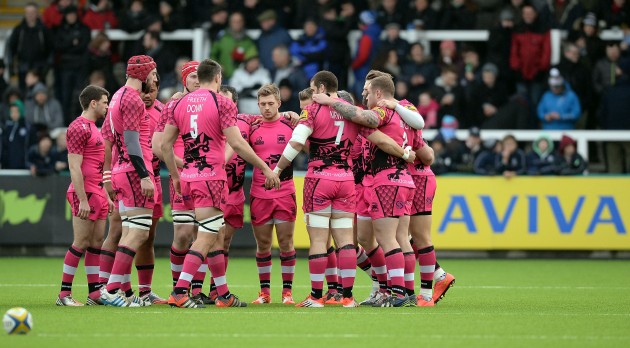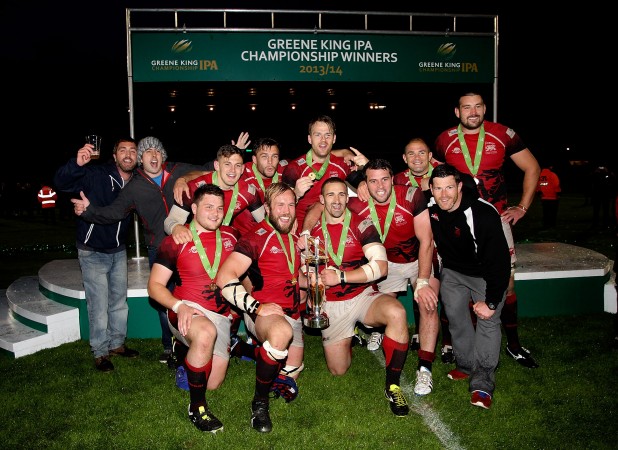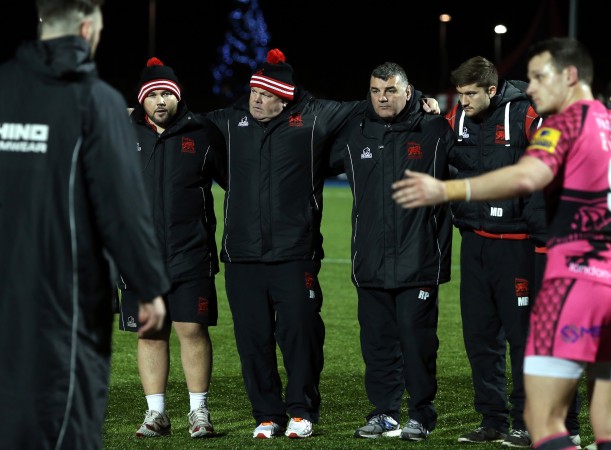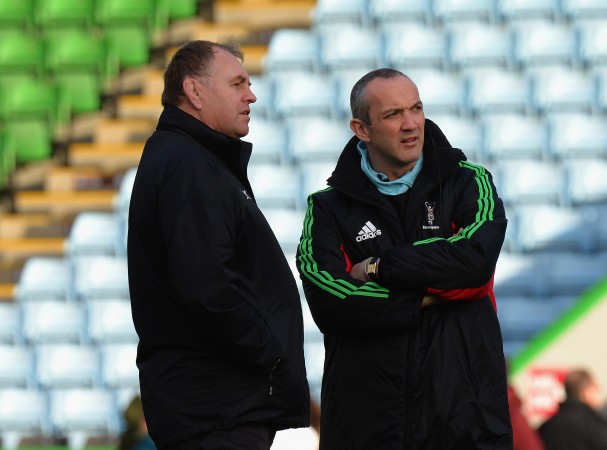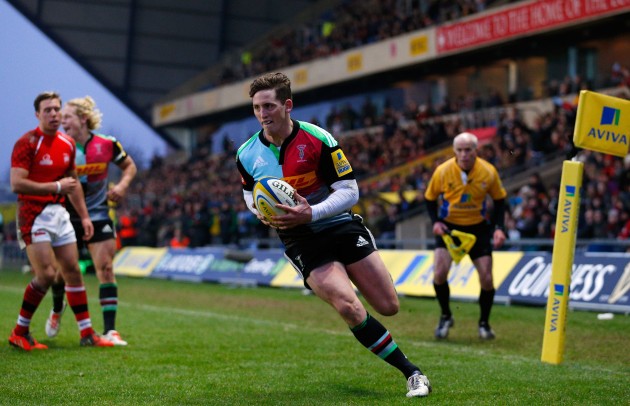RW ruffled a few feathers when questioning the Exiles’ on-field efforts this season. Here the club hits back, explaining why existing structures make fair competition in the Aviva Premiership impossible
Passions run high in sport and when my previous blog, provocatively titled ‘Are London Welsh the worst Premiership team ever?’, was published recently, Exiles fans were up in arms. The playing stats speak for themselves but the context for Welsh’s miserable season was largely ignored – something that I’m happy to rectify here.
According to board member Stephen Cole, the starting and finishing point for Welsh’s predicament is the inequitable funding system that not only prevented them assembling a competitive-enough squad last summer but continues to hamper their every move. Welsh made a far better fist of Aviva Premiership life in 2012-13, bagging 28 points (though five were deducted for fielding an ineligible player), but the game has moved on.
“The Premiership is an even harder league now. Lots of big, strong South Sea Islanders have come in and the squad depth even within two years has changed markedly. Most clubs have almost all-international benches ready to come on, and we can’t do that,” says Cole, a renowned broadcaster.
“We were promoted on 4 June last year and that’s too late to put a team together. All the best players have been signed by then. Last time we went up we got some players from Bourgoin because they ran into financial difficulties; we had some gnarled heavyweight props who were great value. We didn’t have either the time or money to do that this time.
“There’s no real depth to our squad, although we still have the hwyl. Against Harlequins we came within an ace of scoring more tries, we just needed an extra yard of pace. If we’d had one or two players in the next pay bracket we’d have scored. It’s as fine an edge as that sometimes.”
The coaches, he says, couldn’t be doing any more than they are. “Credit to Justin Burnell and Rowland Phillips, they’re guys with real rugby intelligence and make the most of what they’ve got. But you need depth to a squad for when injuries occur and if our core group is injured, we’re in trouble earlier. We can’t get loan players because people don’t want to come to a club that’s losing every game.”
Ditch the play-offs
Welsh retained 80% of last season’s squad and of the seven players who left, three were on loan and three retired. The new signings haven’t been of sufficient calibre and the club’s first scribbled note for the RFU’s suggestion box is a plea to scrap the Championship play-offs, so that the promoted team has more time to plan their ensuing campaign.
“The league winners should go up. And that doesn’t mean Bristol would necessarily have gone up instead of us last season, because we would have changed our tactics. We would have gone all-out to win the league whereas we were just aiming to make the play-offs.”
Super League threat
Part two of Welsh’s salvage operation has already raised plenty of eyebrows. Central funding for Premiership clubs is based on a three-tier shares system that rewards longevity in the division. This means promoted clubs can be hugely disadvantaged – ten of the 12 Premiership clubs receive at least 130% more funding than London Welsh.
Such is the strain on Welsh’s purse strings that the players don’t wear GPS units and the number of people who travel with the team, especially for European games, has to be restricted. Quite simply, the club wants to get the same money as everyone else and is prepared to take legal action to achieve it.
“Twenty years on from the start of professionalism, the gap between the haves and have-nots is clear to see. Premier Rugby continues to reward those who started it all those years ago, but that system is now redundant. We even have the irony of not being allowed to have an academy even though we’re paying for other clubs to have one. We’re paying other clubs to train players to beat us!
“It’s become a cabal and, the way things are going, we’re soon going to have a super league, with one or two Welsh clubs, one or two Irish clubs, one from Scotland. I don’t know whether clubs are abiding by the salary cap or not, but that’s the way I see the game going.
“We took some stick from [Newcastle DoR] Dean Richards, who told us to stop whingeing about the funding, but Newcastle received £3,635,000 in central funding as opposed to our £1,576,000. That’s a bit of a difference! Newcastle receive £2m more than us and have a home stadium, yet look how long it’s taking them to establish themselves. I’m a fan of Dean, he was winding us up I suspect.”
Are existing rules illegal?
So what’s the bottom line? Three years ago Welsh won a legal action after being denied promotion, three QCs deciding that having one rule for existing members and another for aspirants amounted to a cartel. The same argument could apply to the current funding regime and Welsh aren’t shooting the breeze when they say they may resort to the courts again.
They’ve written to every Premiership club and to Premier Rugby asking to receive equal funding, including the money they felt they should have received in their first Premiership season in 2012. Initial responses have been positive, says Cole, but if the clubs’ body won’t play ball then legal action seems inevitable. The London Welsh board meets on Thursday.
“Premier Rugby are sticking with an old-fashioned system, they’re maintaining the status quo because it’s easier to do that than change. We’re giving them a kick up the backside because the system needs to change.
“The funding shouldn’t be anti-competitive, it should be equal, as is the practice in France [where promoted clubs get an extra €400,000 to help them adjust to the higher level] and almost every professional sports league worldwide. We’re deadly serious about this and have a number of options open to us.”
The ambition remains
The final message is that Welsh aren’t going away. They are committed to Oxfordshire and have a big office in Oxford filled with marketing staff busy promoting the club in the region. Gates are modest – their average league crowd is 3,183 – but they believe the fans will come if they start winning matches.
Whether they can buy a stadium and increase their revenue streams remains to be seen. Wasps recently went from tenants to owners and there’s speculation that London Irish might vacate the Madejski Stadium, moving to Brentford FC’s proposed new stadium in West London on more preferential terms.
“Off the pitch has actually been a huge success,” says Cole. “We’ve got a great financial supporter in Kelvin Byron, who has taken us into the Premiership twice. He’s still ambitious, as is the board. Otherwise what’s the point?
“Some clubs have decided to stay around the Championship, but we’re a great club with a fine history and we want to repeat it. We want to play in the European Champions Cup, we want to play in Twickenham finals at the end of May. To do that there needs to be adequate funding and a level playing field.”
Watch this space.





